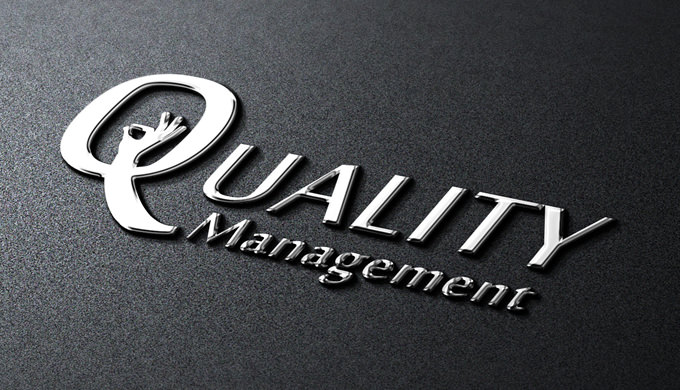As humans, we are really good at coming up with excuses for not doing things – even when we know they are worth doing. From a young age, we procrastinate. And while we might get away with it as kids, it’s a whole different ball game as adults – especially if you are in business.
There is a very good reason why successful organisations use systems – and that’s because they work. And the better the system is utilised, the better the results. Yet many small businesses avoid management systems, saying they are too expensive or too hard to implement.
But the truth is, the longer you put off implementing a management system, the further away you become from achieving your goals.
There’s nothing new about management systems and, when it comes down to it, a lot of it is good old fashioned common sense! So why are there so many myths and excuses? Let’s take quality management system training, for example.
To my mind, there is no plausible excuse for not implementing a quality assurance management system in Queensland. The reason being, there is nothing to lose, and everything to gain. But these are a few of the myths or excuses I have heard.
Quality Management System Training Is Just For Big Companies
Wrong! Management systems of any kind are useful to any sized organisation. In fact, it is often the smaller businesses that get the most benefit from them. Management systems are proven to save time and money; improve efficiency, and help organisations better meet their legal and moral obligations. A quality management system will also help you attract and retain the best employees.
Management Systems Are Too Expensive To Implement
Wrong! For starters, any sort of system that improves your organisation should be seen as an investment, not a cost! And have you considered the cost of NOT having a quality management system? If you are selling products that are not consistently good, and fit for purpose, both your reputation and your bottom line will be affected. Returns and refunds will end up costing your business far more than implementing a quality management system. And remember, customers talk more about what went wrong, than what went right, so restoring your reputation could take a long time.
A Quality Management System Just Means More Paperwork
Wrong! If that’s your experience, I’d suggest you’re working with the wrong consultants! Management system professionals, such as Standard Consulting in Brisbane, use ISO – or International Standards – management systems. ISO 9001 – the standard pertaining to quality management system training – only requires six basic documents.
True, more documented procedures may apply for certain industries, but implementing an efficient quality management system, that meets ISO requirements, really requires limited paperwork. So that excuse just flew right out the door!
Management Systems Require Certification, And There’s Just No Point
Wrong! For starters, it is not compulsory to seek certification if you implement an ISO management system. Many organisations very successfully use these systems, and enjoy most of the benefits they bring, without becoming accredited.
However, certification is the logical outcome – and it offers a huge benefit. ISO management systems are recognised world-wide and gaining certification shows that an organisation has achieved all objectives, and is delivering a top notch product or service. The ISO stamp of approval tops anything else you do to market your brand. It will inspire confidence in your customers, staff and other stakeholders; grow your customer base, and improve referrals and word-of-mouth sales.
Importantly, it will also qualify your organisation to tender to government departments, or become a supplier to a major company. Check out the paperwork – you will see that these organisations, for the most part, demand proof of certification.
Quality Management Systems Are Too Inflexible For My Business
Really? Management systems provide structure, and organisations require structure to operate efficiently. Imagine what would happen if everybody was just ‘doing their own thing’! Without structure, there is confusion which, in turn, brings frustration and complacency. Your employees need structure in order to efficiently perform their duties.
And your customers need the consistency that a quality management system brings. Otherwise they will vote with their feet and shop elsewhere. Management systems reduce risk and mistakes and generally, it is better to treat the cause, not the symptoms.
The reason smart organisations work with professionals, is that they know their management system will be tailor-made to match their needs and their industry. Flexibility can be written into the structure. In fact, it has to be, as ISO certification is a ‘moving part’. Once achieved, it is necessary to check and monitor the system, and make any changes required to keep it working properly.
Do I Only Need A Quality Assurance Management System In Queensland?
ISO management systems are global, both in their creation and use. And they don’t just cover quality management. There are thousands of International Standards in existence, the most common ones being Quality Management, Environmental Management, Workplace Safety and Food Safety.

